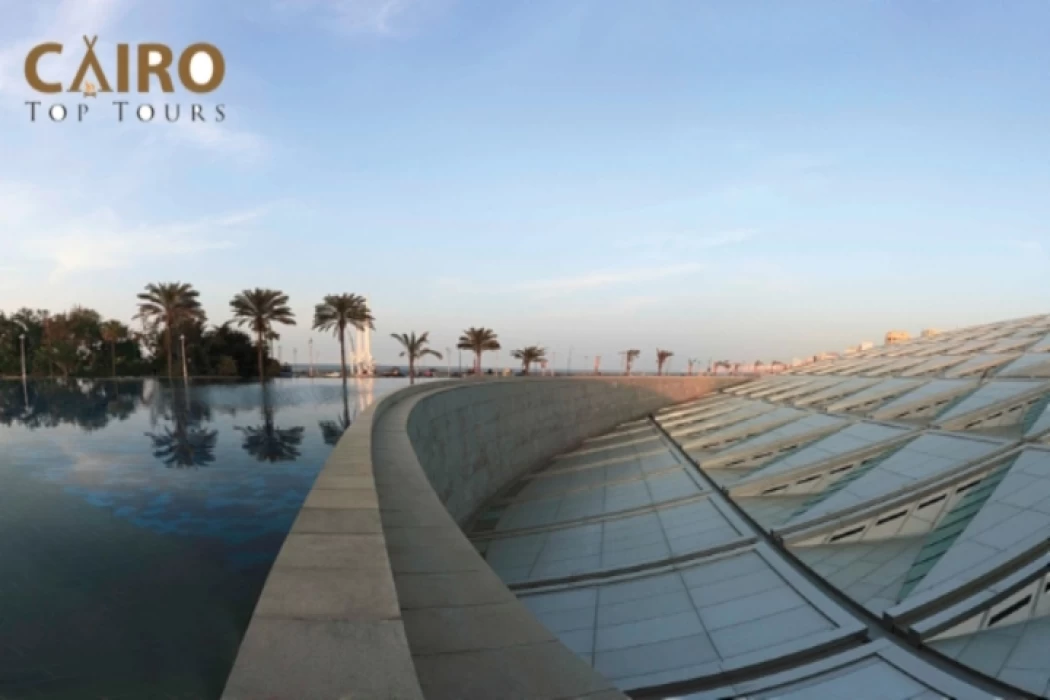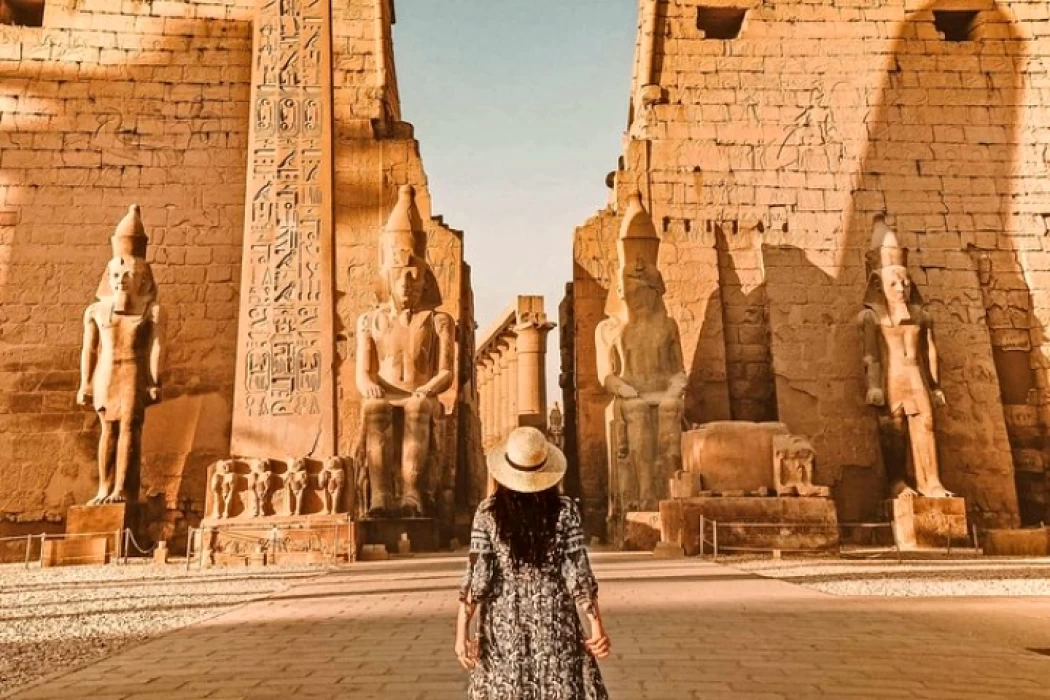
bibliotheca Alexandrina
The Bibliotheca Alexandrina, often referred to simply as the Library of Alexandria, is a monumental cultural institution located in Alexandria, Egypt. Here are some key points and information about this prestigious library:
1. **History and Revival**: The Bibliotheca Alexandrina was inaugurated on October 16, 2002, with the aim of reviving the ancient Library of Alexandria, which was one of the most famous libraries of the ancient world. The ancient library was established in the 3rd century BCE and was renowned for its vast collection of scrolls and its role as a center of scholarship and learning.
2. **Architecture**: The modern Bibliotheca Alexandrina is a striking piece of architecture designed by the Norwegian architectural firm Snøhetta. Its design incorporates elements reminiscent of the ancient library, such as a tilted roof and granite walls engraved with characters from various scripts.
3. **Collections**: The library houses a vast collection of books, manuscripts, and other materials in multiple languages, covering various subjects including humanities, sciences, arts, and literature. The collection includes rare manuscripts and ancient texts, as well as contemporary publications.
4. **Facilities**: In addition to its main library collections, the Bibliotheca Alexandrina features several specialized libraries, museums, art galleries, and a planetarium. It serves as a cultural hub, hosting exhibitions, conferences, workshops, and cultural events throughout the year.
5. **Research and Education**: The library promotes research and scholarship through its various programs and initiatives. It offers research grants, fellowships, and academic exchanges, and collaborates with international institutions to advance knowledge and cultural understanding.
6. **Digital Library**: The Bibliotheca Alexandrina has a significant digital presence, offering access to its collections through its digital library platform. This platform provides online access to a wide range of resources, making it accessible to researchers, scholars, and the public worldwide.
7. **Cultural Impact**: The Bibliotheca Alexandrina is not only a center for academic research but also plays a crucial role in promoting cultural dialogue and exchange. It hosts events that celebrate cultural diversity, artistic expression, and intellectual discourse, aiming to foster understanding and cooperation among people of different backgrounds.
Overall, the Bibliotheca Alexandrina stands as a symbol of Alexandria's rich intellectual heritage and continues to play a vital role in promoting knowledge, learning, and cultural exchange on a global scale.













